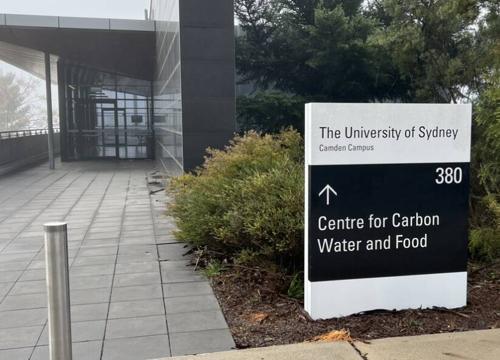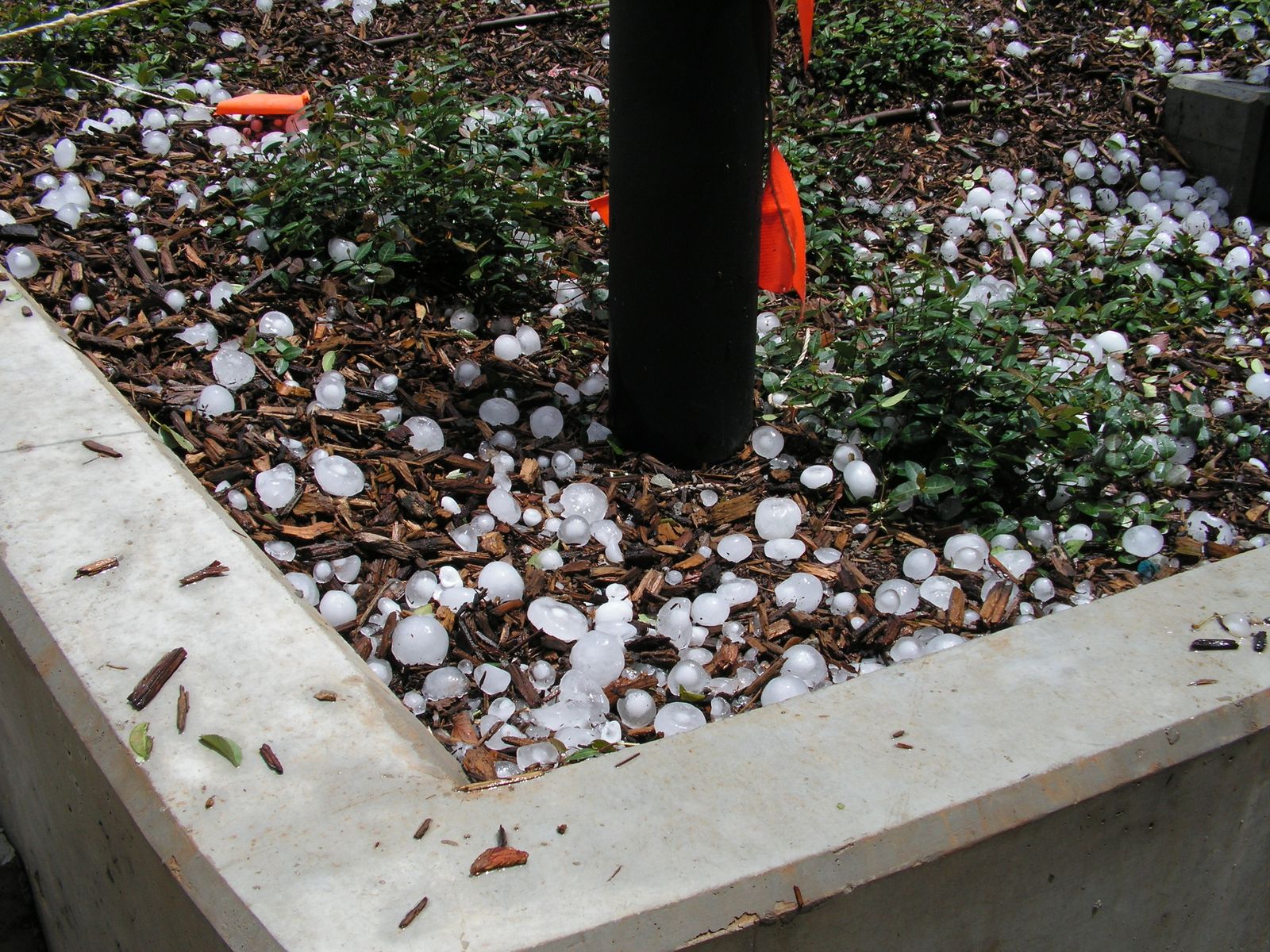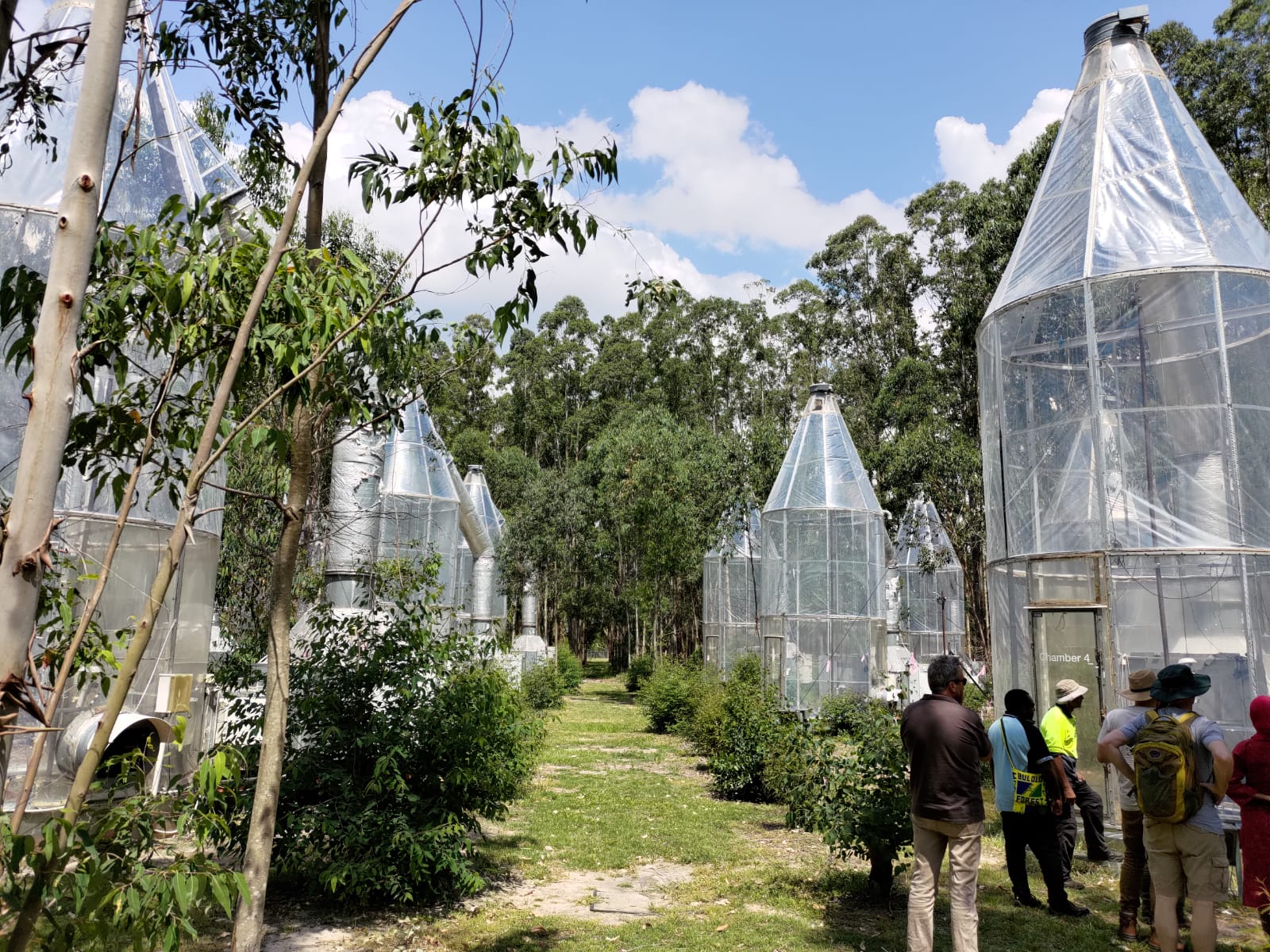Australian Stable Isotopes Team unites for SIBS 2026

The Australian Stable Isotopes team from the University of Sydney, Australian National University, James Cook University, CQUniversity, Western Sydney University, and Lincoln University joins forces once again to deliver the Stable Isotopes in Biosphere Systems (SIBS) Workshop in early 2026, this time in Camden. The event will feature national and international experts as mentors and lecturers, providing participants with hands-on training in applying stable isotope techniques to ecological and environmental research.
The SIBS 2026 Workshop is coordinated by Dr Claudia Keitel (University of Sydney), whose research focuses on plant physiology and plant-soil interactions. Claudia leads the coordination of SIBS 2026, drawing on her extensive experience in isotope applications and training.
She is joined by Dr Hilary Stuart-Williams (Australian National University) brings decades of experience in isotope instrumentation and method development. Based at the Research School of Biology’s Stable Isotope Laboratory, he has advanced analytical techniques for oxygen and carbon isotope analysis and supported many studies on plant and environmental isotope patterns.
The team encompasses isotope experts from all over Australia:
Professor Feike Dijkstra (University of Sydney) is a biogeochemist with over 20 years of expertise in stable isotope research on how plant-microbial interactions affect carbon and nutrient cycling, particularly in relation to global climate change.
Associate Professor Yolima Carrillo (Western Sydney University) focuses on the cycles of carbon and nutrients in terrestrial ecosystems, both natural and agricultural, and how belowground biogeochemical processes are shaped by plants, plant roots and soil biotic communities.
Professor Lucas Cernusak (James Cook University), an expert in plant–atmosphere gas exchange and the use of stable isotopes to understand carbon and water cycles in tropical and subtropical ecosystems. His work bridges physiology and ecology, providing deep insights into how plants respond to environmental gradients and climate variability.
Dr Nathan Brooks-English (CQUniversity) contributes expertise in biogeochemistry and isotope ecology, applying stable isotope approaches to understand plant and soil processes under different environmental and management conditions.
Dr. Naomi Wells (Lincoln University) is a biogeochemist and ecosystem scientist who employs isotopes to understand how nitrogen carbon move between water, air, and soil, including greenhouse gas emissions from farm drainage waters, organic matter mineralisation in deep soils, and nitrogen cycling in coastal wetlands.
Together, the organising team brings a wealth of complementary expertise, from isotope theory and analytical precision to ecological and environmental applications. At SIBS 2026, they unite these strengths to offer an engaging programme of lectures, laboratory sessions, and field-based projects designed to help participants gain both technical skills and conceptual understanding in stable isotope science. They have also invited an exceptional group of national and international experts to join them as mentors and lecturers, creating an outstanding learning environment for all participants.


